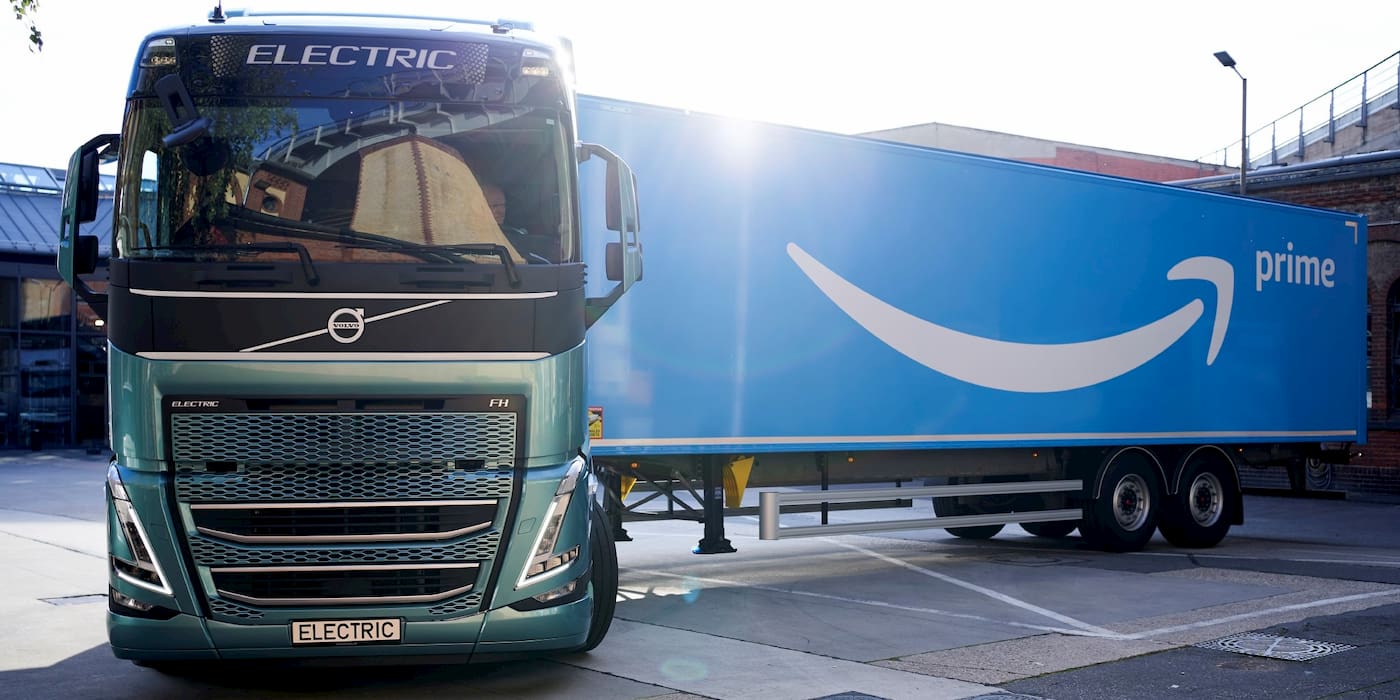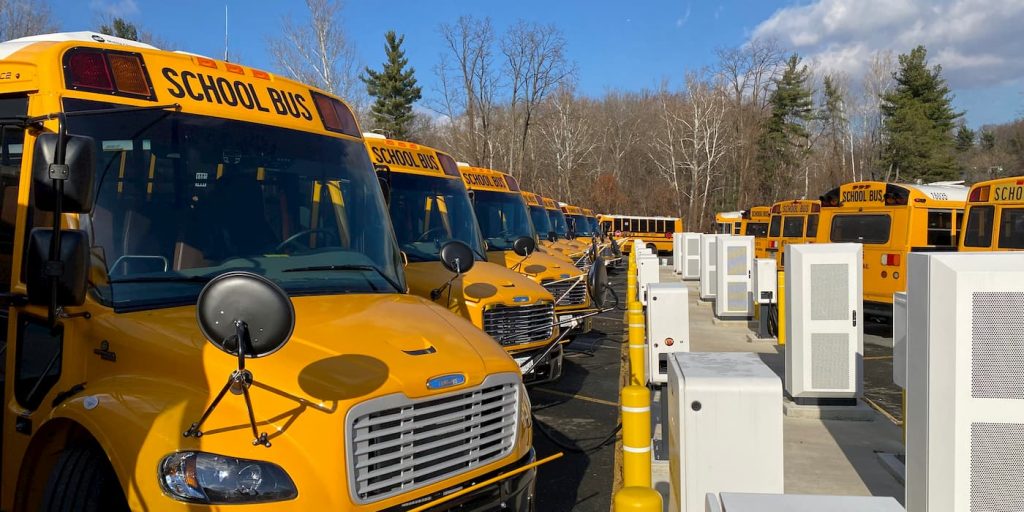
The US has just joined the global drive to achieve 100% zero-emission truck and bus sales by 2040. By signing the nonbinding memorandum of understanding (MOU), the US establishes a clear path for heavy- and medium-duty vehicles, from EV school buses to tractors, to generate zero emissions.
“We have to work together across oceans and borders to meet our clean energy goals,” US Energy Secretary Jennifer Granholm stated as she agreed to sign the MOU at the 2022 UN Climate Change Conference (COP27) in Egypt.
The transportation sector is the leading emitter of Greenhouse Gas Emissions (GHG) in the US (27%) and most developed nations globally.
Although medium- and heavy-duty vehicles only make up 10% of road traffic, they account for at least 26% of total transportation GHG emissions, according to the latest data from the EPA.
Perhaps, more importantly, medium- and heavy-duty trucks and buses have experienced some of the most extreme rises in emissions from 1990. Take a look at how all on-road vehicles have progressed in terms of GHG emissions over the years.
| 1990 | 2020 | Absolute Change | Percent Change | |
| Passenger cars | 639.6 | 617.7 | -21.9 | -3.4 |
| Light duty vehicles | 326.7 | 315.8 | -10.9 | -3.3 |
| Motorcycles | 1.7 | 3.3 | 1.6 | 93.4 |
| Buses | 8.5 | 18.0 | 9.5 | 112.7 |
| Medium and heavy-duty trucks | 230.3 | 422.8 | 192.4 | 83.5 |
As passenger cars and light-duty vehicles have become more efficient and zero-emission electric vehicles begin to gain market share, they are beginning to reduce GHG emissions.
Meanwhile, truck and bus emissions have grown significantly. The trend is due for a reversal as the US joins in the global fight for zero-emission medium- and heavy-duty vehicles by 2040.

US sets zero emission target in heavy-duty vehicles
The MOU is a global commitment that paves the way for 100% zero-emission new truck and bus sales, with a benchmark of 30% of them coming by 2030.
Earlier this month, several lawmakers pushed Biden to join the global MOU, citing it would “send clear market signals to the industry.” Senator Martin Heinrich, who led the initiative, stated:
By committing to this goal alongside many other nations, the United States is affirming that we are serious about meeting our responsibility on climate and protecting our children’s future.
The historic climate bill passed in August provides up to $7,500 for medium-duty vehicles and up to $40,000 for heavy-duty trucks and buses.
Graham claims the incentives from the bill will:
Drive technological innovation, lower vehicle costs, and reduce transportation emissions.
However, the MOU “does not require US federal agencies to adopt new emission standards, targets, or requirements.”
Several companies are bringing innovative zero-emission heavy-duty vehicles to market, like Ideanomics electric street sweepers and its Soletrac electric tractor division. Furthermore, Volvo Trucks is advancing the industry debuting the first EV trucks with fossil-free steel.
FTC: We use income earning auto affiliate links. More.




Comments